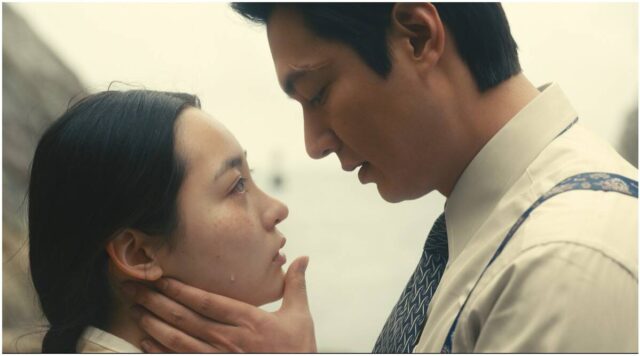How does one describe the sensory sense of watching Pachinko? I’m at a loss for words as to how a narrative about a father’s love for his daughter evolves into this huge room within your heart where Kim Sunja and her entire family dwell, warts and all. This is a narrative that spans four generations and three countries, yet you won’t want to miss a tear or stop counting the sigh-inducing love moments.
Pachinko existed before the Japanese became video game addicts. It’s a prize-driven vertical pinball game. The machines, like other games, are rigged so that the house always wins.
It’s the Pachinko mindset, according to Baek Mozasu, the proprietor of a flourishing Pachinko parlour. ‘It’s just a matter of tweaking the nails…just enough to give the gamer the impression that they’re winning, but not too much.’ We want them to return because there is still hope…’
The characters of Apple TV+’s epic narrative Pachinko are based on the same-named novel by New York-based author and journalist Min Jin Lee. The programme follows four generations of Korean immigrants in Japan as they experience love, grief, and desire. You know how resilient immigrants are if you’ve watched the Academy Award-winning film Minari. They will flourish in the most hostile environments and become one with the soil.
Pachinko has a unique approach to immigration. And it will fill you with such deep melancholy that you will yearn for your own home as well. Gamak Ghar, a Maithili film that premiered at the Mumbai Film Festival in 2019 (and is now available on MUBI), follows a similar topic of generations growing up in the ‘Village House,’ and how memory makes the house a home, although things are falling apart in reality.
This is the story of Kim Sunja, who is played by three incredible female actors: Yu-na as the young Sunja (who is adored by her father and promises to protect her from all the horrors of adult life), Kim Min-ha as a young Sunja who falls in love with the dashing Koh Hansu (played by Lee Min-Ho), and award-winning Youn Yuh-jung as the elderly Kim Sunja who lives in Japan.
You learn about winners and losers, aggressors and oppressed throughout history. However, the tale of optimism lies somewhere in the middle.







